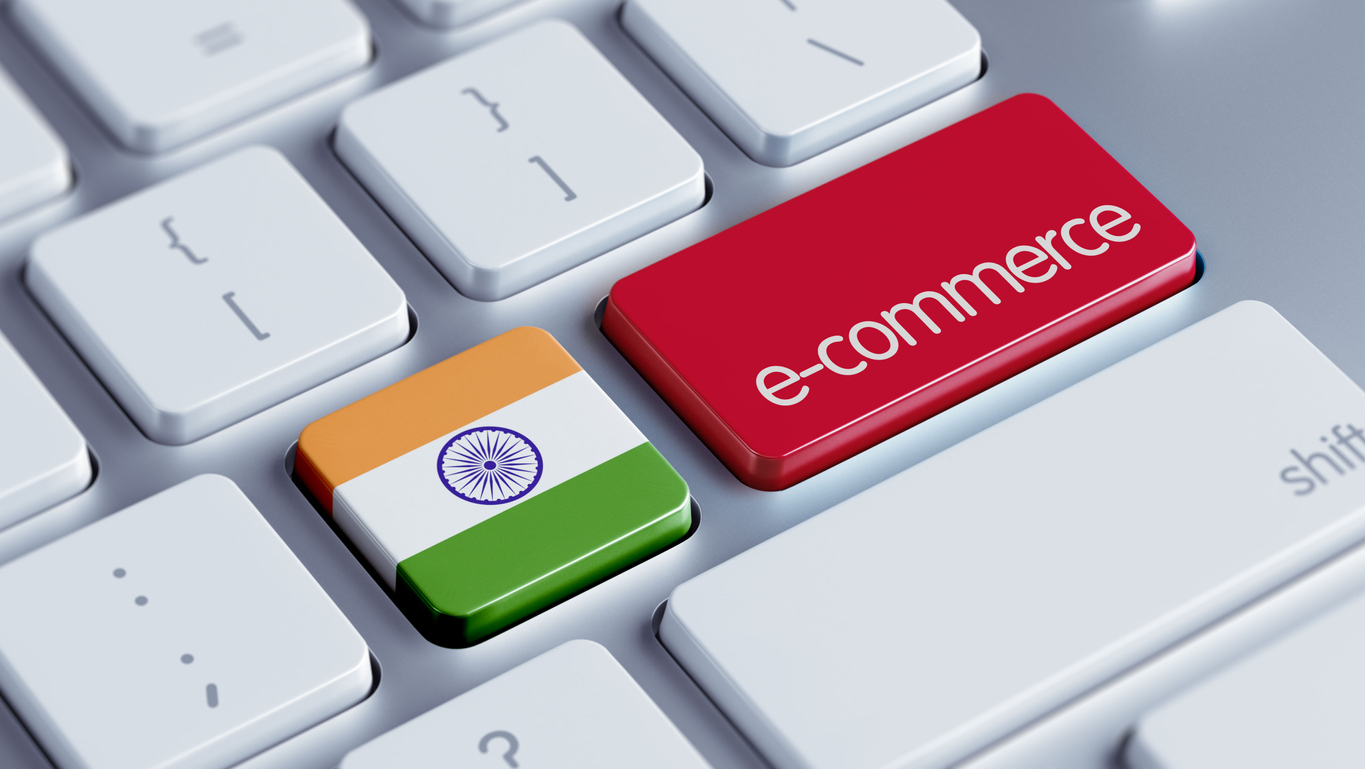
November 29, 2021
India’s e-commerce market is projected to reach $200 billion by 2026, increasing from $46.2 billion in 2020
The proliferation of the internet and the ease of doing business reduced investment constraints, and access to a large customer base is attracting young entrepreneurs
Various e-commerce platforms offer soft-skill training to sellers, resellers, and workers ensuring vertical and horizontal mobility
E-commerce platforms like Amazon and Flipkart have started various programs to support local businesses during festivals

The boom in e-commerce in India is helping in the development of entrepreneurs, creating large-scale employment opportunities, skilling youth, empowering women, and ensuring the integration of medium and small-scale enterprises (MSMEs) to national and global supply chains. Technological innovation and investments – driven by the government’s Digital India and Make in India programs, rising internet and smartphone penetration, and the advent of fintech and digital payment platforms has aided this growth of the e-commerce market in India.
As per media reports, India’s e-commerce market is projected to have a market valuation of $200 billion by 2026, increasing from $46.2 billion in 2020, with online retail sales in India expected to grow by 31% and reach approximately touch $32.70 billion in the same period. This rise has been accelerated by the growth of fintech and digital payment platforms and the connectivity facilitated by the government’s Unified Payments Interface (UPI). This has resulted in a 22% year-on-year growth in the e-commerce workforce in 2020, with e-commerce giants such as Amazon and Flipkart hiring 1.4 lakh employees for contractual jobs during the year. The sudden increase in demand has enforced companies to step up hiring across the logistics, supply chain, customer care services, and engineering divisions drastically.
The proliferation of the internet and the inherent ease of doing business, lower investment constraints, and access to a large customer base are attracting young entrepreneurs, with 73% of the startup founders being less than 35 years old. In addition, 63% of e-commerce ventures have been started by first-time entrepreneurs. In addition, as a larger portion of women is starting to use the internet and social media, platforms such as Meesho are playing a large role in developing women entrepreneurs. This is expected to help them gain business acumen and financial independence. This also fits in with various women-oriented welfare schemes, such as the Women Entrepreneurship Platform (WEP) started by the government, to promote up-skilling and entrepreneurship.
It is observed that during major festivals like Diwali, Navratri, and Eid, among others, there is a significant rise in demand for products like idols, decorations, jewelry items, and home artifacts, leading to increased production by MSME players. This has helped improve employment opportunities as a larger number of entrepreneurs are willing to fulfill this demand. Moreover, leading e-commerce platforms have started various programs to support local businesses during festivals, urging customers to buy locally. Additionally, many others provide soft-skill training to sellers, resellers, and workers. Training in spoken English, financial management, digital skills, effective smartphone navigation, customer-service aptitude, and entrepreneurship skills. This will ensure horizontal and vertical job mobility, increasing income avenues for young workers.
Currently, the retail sector (both traditional and e-commerce) contributes more than 36.3 million direct and indirect jobs to the economy in front-end functions, supply chain, and logistics, warehousing, merchandising, IT-enabled services, digital payment solutions, and advertising. The sustained growth of e-commerce has the potential to create millions of more employment opportunities, including in the gig economy.